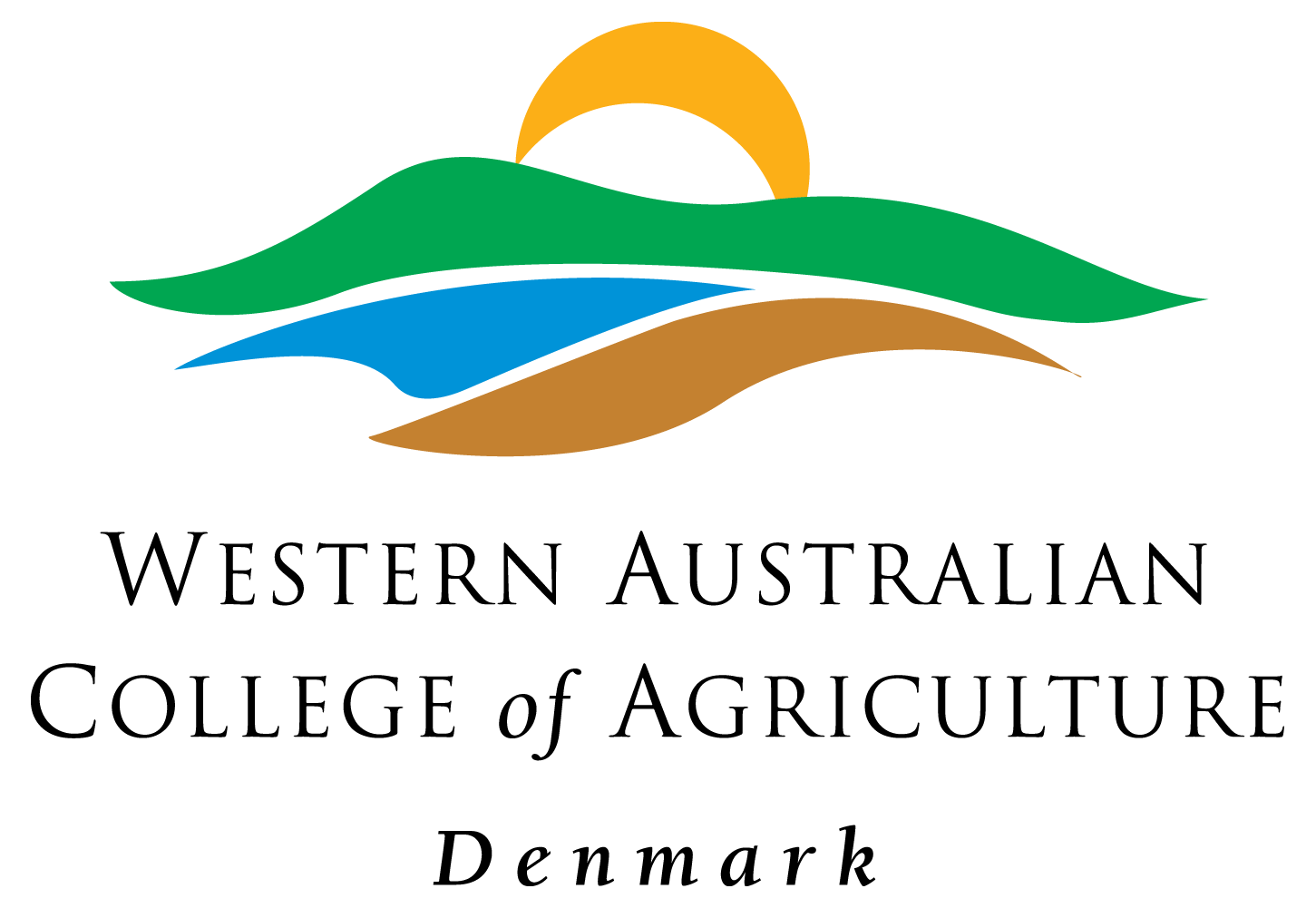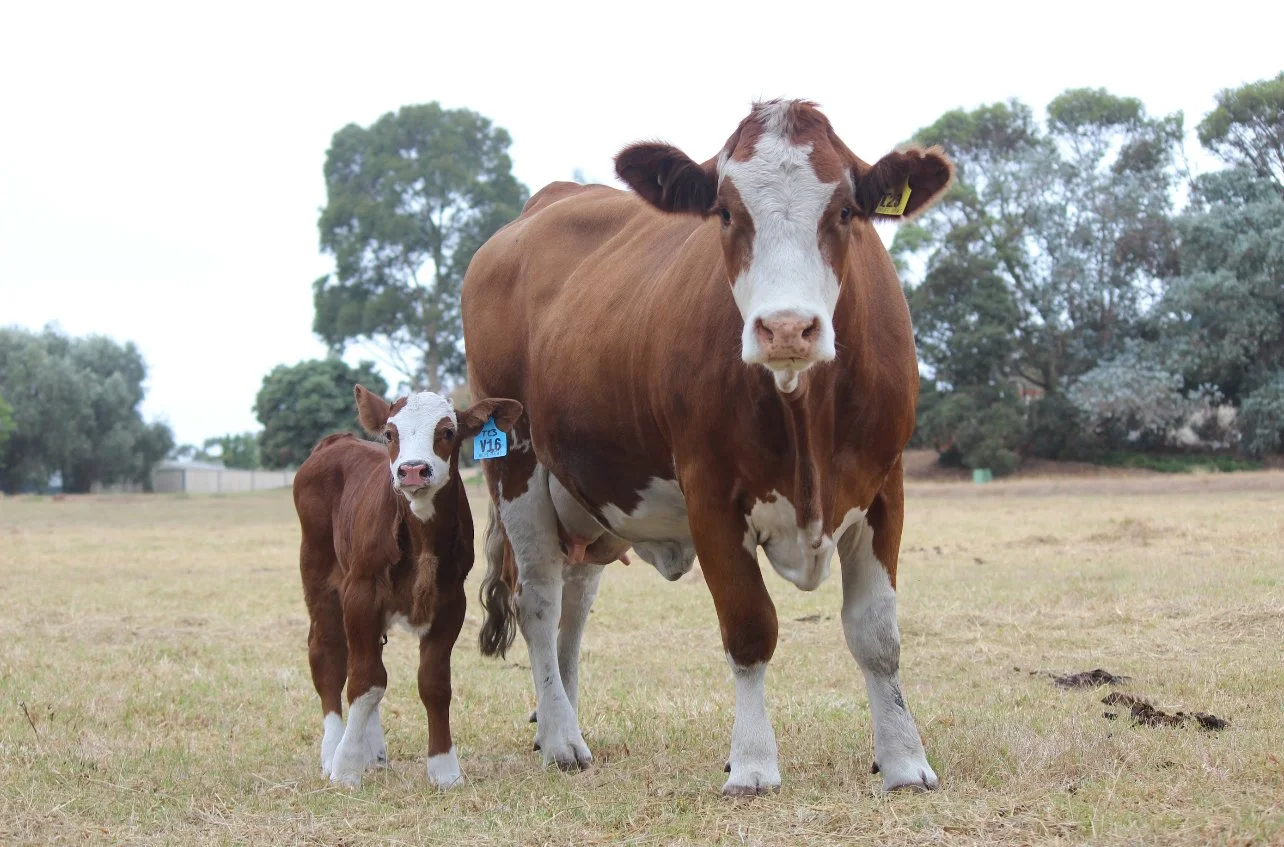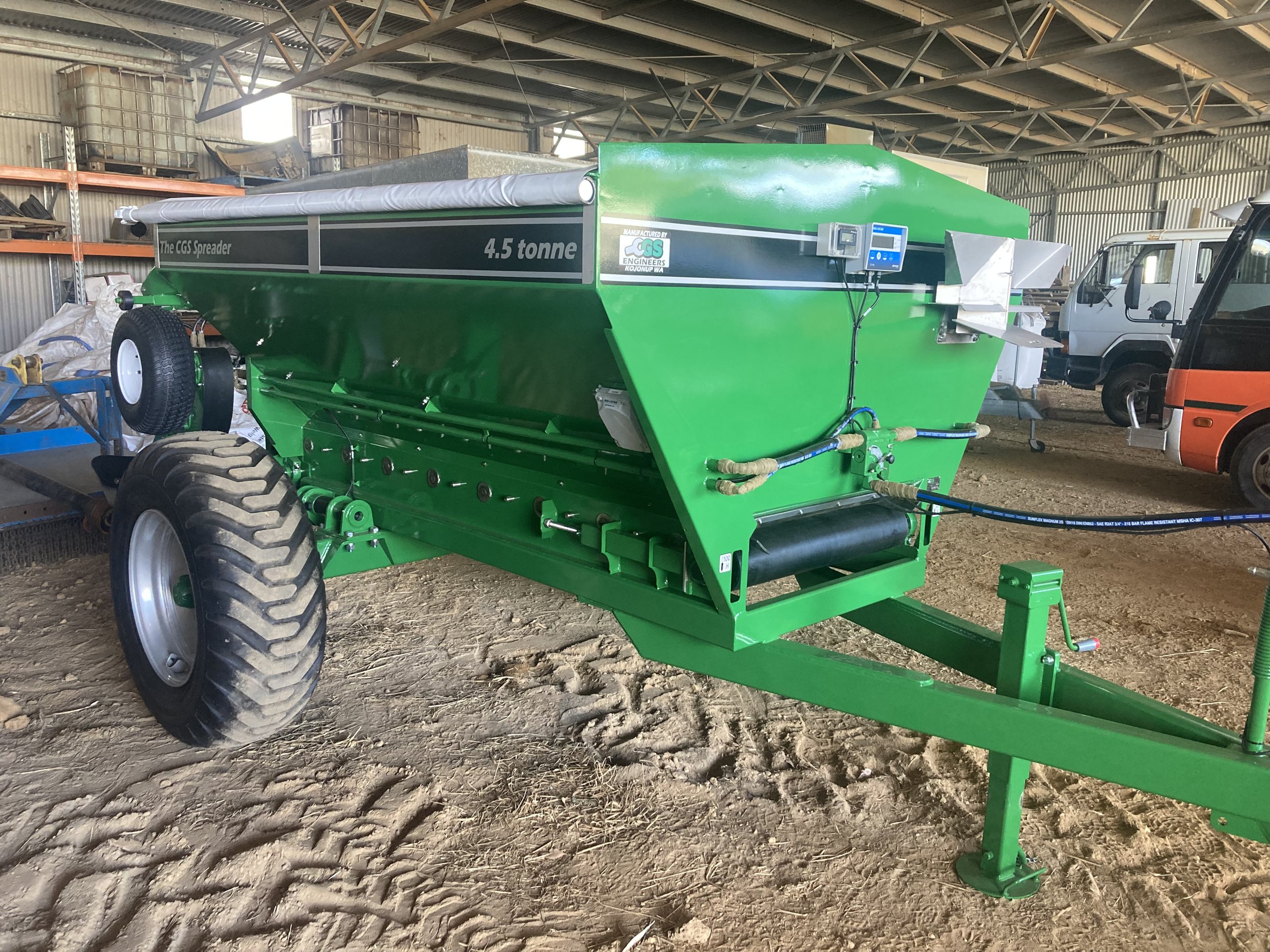Issue 1 2024 - Farm Manager
Farm Manager
Kevin Marshall
What’s been happening on the farm?
It’s been a busy start to the year as always. An influx of new students combined with the demands of the farming enterprise certainly puts the emphasis on efficiency.
Farm Staff would like to welcome all students, old and new, back to the farm and we look forward to working together on this wonderful property.
January was a challenge with limited farm staff on-site and the inclusion of the Nutrien Blue Ribbon Bull Sale. Many hours of preparation were put into preparing the Simmental bulls for sale and then attending the event. Pleasingly, the farm sold four stud bulls in a very tough beef market. There are four remaining bulls for sale and will be held over until later in the season when most farmers begin to join their herds.
During the summer the farm had extensive earth works completed on various areas of the farm. An excavator was hired and under the experienced control of Farm ATO Mr Seib, several drainage systems were installed. Harris Block dam wall was rebuilt and a system was constructed to channel the run-off away from the paddock and into the catchment. On the Eastern Block, several drains were built to direct the excess winter water into the creeks and drainage points. A grader was also hired and contour banks were enlarged with culverts installed with rock walls and channels to slow up water flow to prevent erosion. These banks and drains are now being fenced off from livestock with a semi-permanent electric fence system.
Dairy and beef herds have been calving since the beginning of February. It’s always a nervous time when multiple herds are calving and livestock need to be monitored regularly to observe for trouble. Two new stud Simmental sires were used in last year’s Artificial Insemination Programme, so it is an anxious time wondering how they will calve and what they will look like.
Hooray hooray! After nearly two years of planning, the farm has received some new machinery which arrived just in the nick of time before seeding. Firstly, a 4.5 tonne fertiliser multi spreader built by CGS Engineering in Kojonup was delivered this week. This spreader will be used for spreading all products such as lime, pasture and nitrogen-based fertilisers. It has a set of load bars fitted which weighs the product being spread. Between the spreader and the tractor’s GPS area guidance, very accurate application rates can be achieved.
Along with the spreader was the farm’s new seeder. After several years of looking for an alternative seeder, it was decided to purchase a “Vaderstad” brand machine. Vaderstad is built in Sweden and is used extensively throughout Europe. The farm has been looking for a machine that can perform three primary and critical outcomes. 1: Have three compartments suitable for fertiliser, large grain and small grains. 2: Along with the compartment (box) separation we wanted to deliver the three products at different rates at different seeding depths. 3: Provide some form of soil disturbance to combine soil and vegetable matter to provide adequate soil/ seed contact. This machine does all three of these operations in a one pass application. Farm staff are excited to get some trials done immediately and in early March, begin dry seeding some of the pastures. The normal seeding program is applying approximately 80kg/Ha of fertiliser directly drilled into the sub-soil, apply 50kg/Ha of oats sown at 30mm of depth and sowing 25kg/Ha of rye grass species at 5-10mm of depth. This is then followed with press wheels and harrows.
In the vineyard things have been frantic. The grapes looked great, so it was a mad dash to get the nets on to protect them from bird damage. The crop of Pinot and Chardonnay ripened earlier than expected and was ready for picking. The produce was sold to a local winemaker and the overall yield was higher than expected. For quite some time the farm has battled with disease and low yields, but we are proud to say that under the careful and watchful eye of Farm ATO Mr John Cosby, the yield this year was higher than ever produced. At approximately 6.5 tonnes of grapes per hectare, we are very pleased with a successful season.
These are just some of the activities the Farm has been doing. Cattle and Sheep clubs are in full swing with Wagin Woolarama looming quickly.
Shearing the merino ewes commenced this week training interested Year 11 students in woolhandling.
The sheep feedlot trial is well under way with 140 mixed sex /breed lambs being grain fed for the duration of Term 1 and evaluated for growth and financial value.
Kevin Marshall
Farm Manager
WACOA - Denmark










